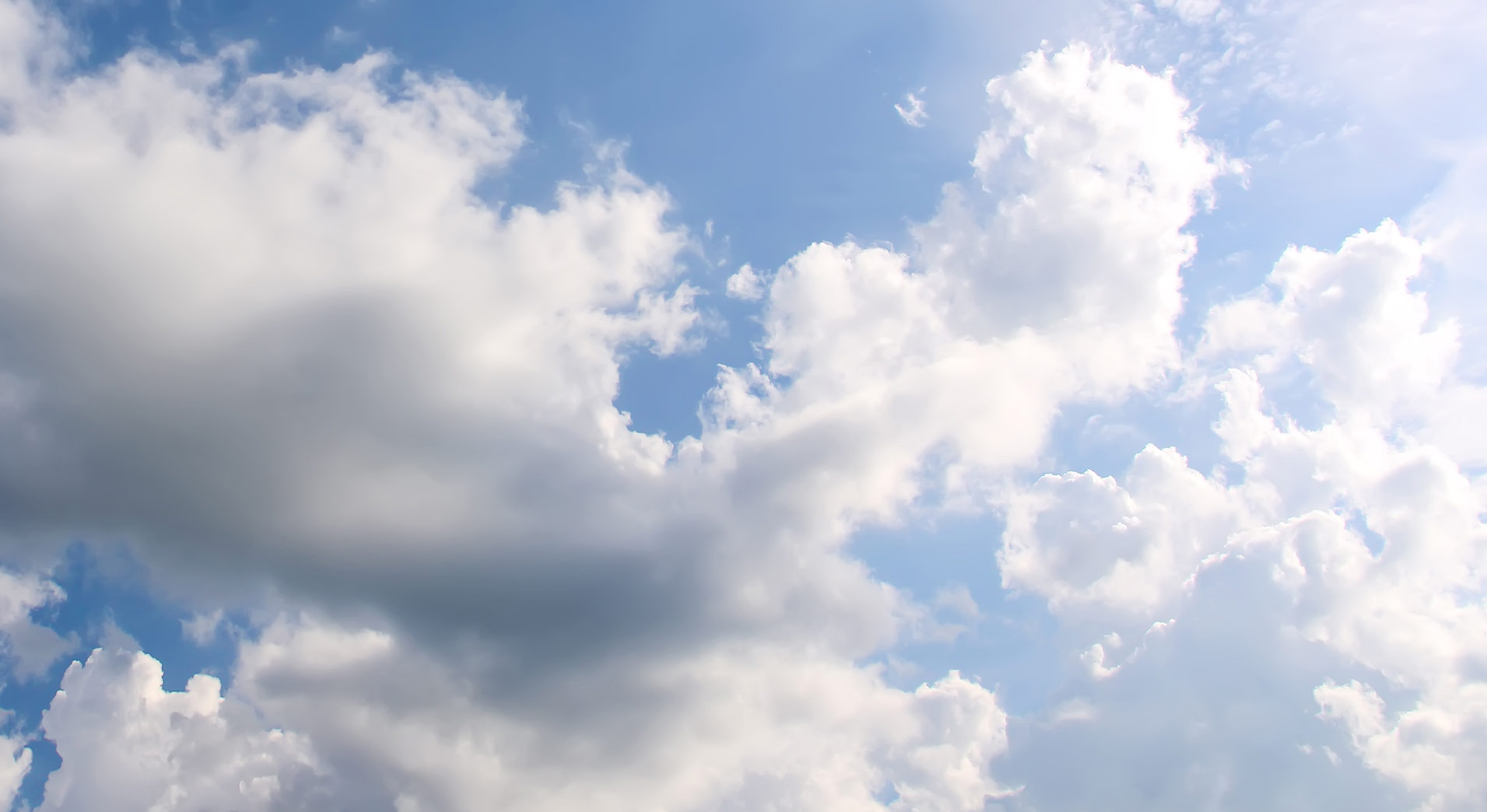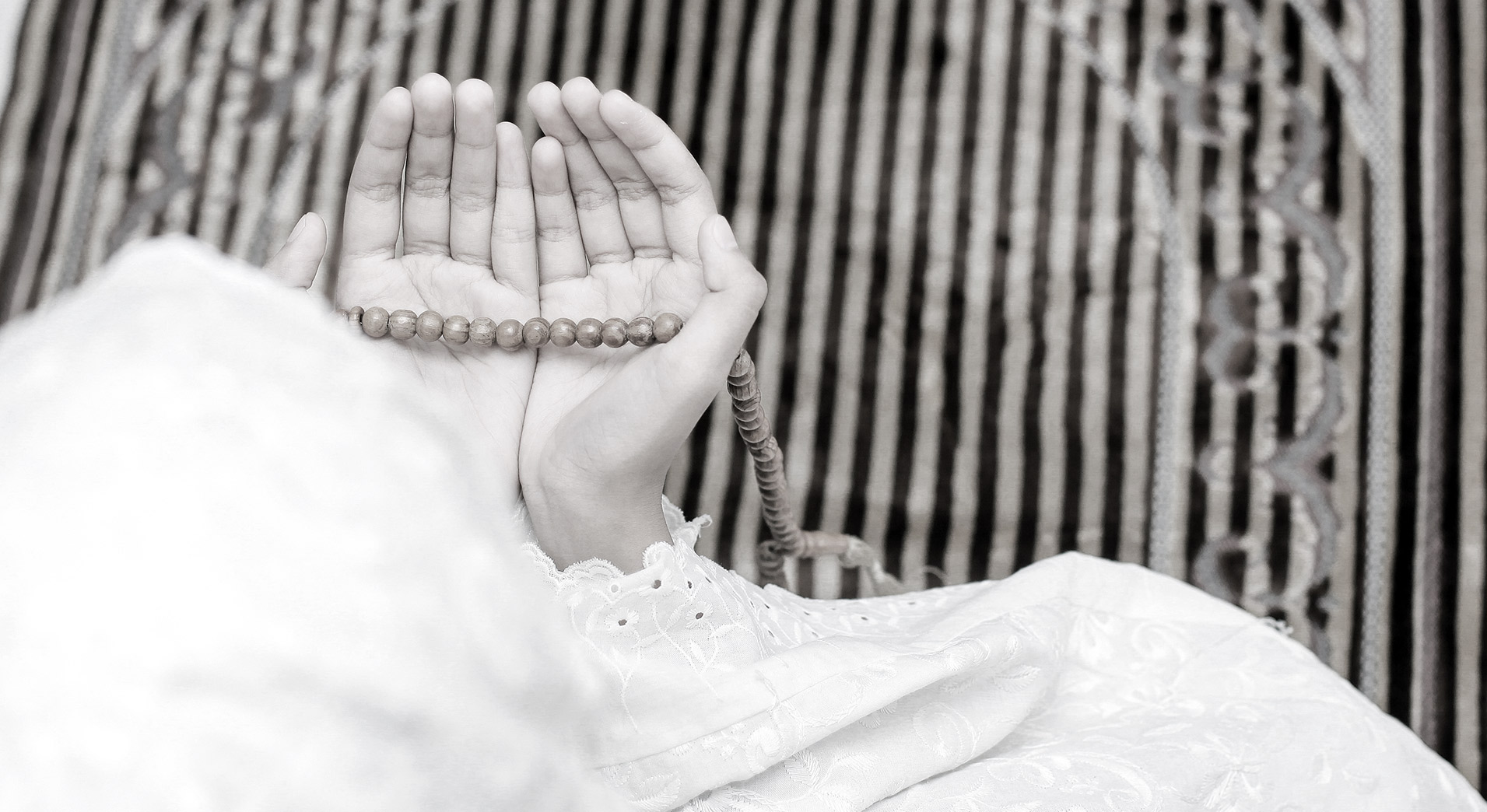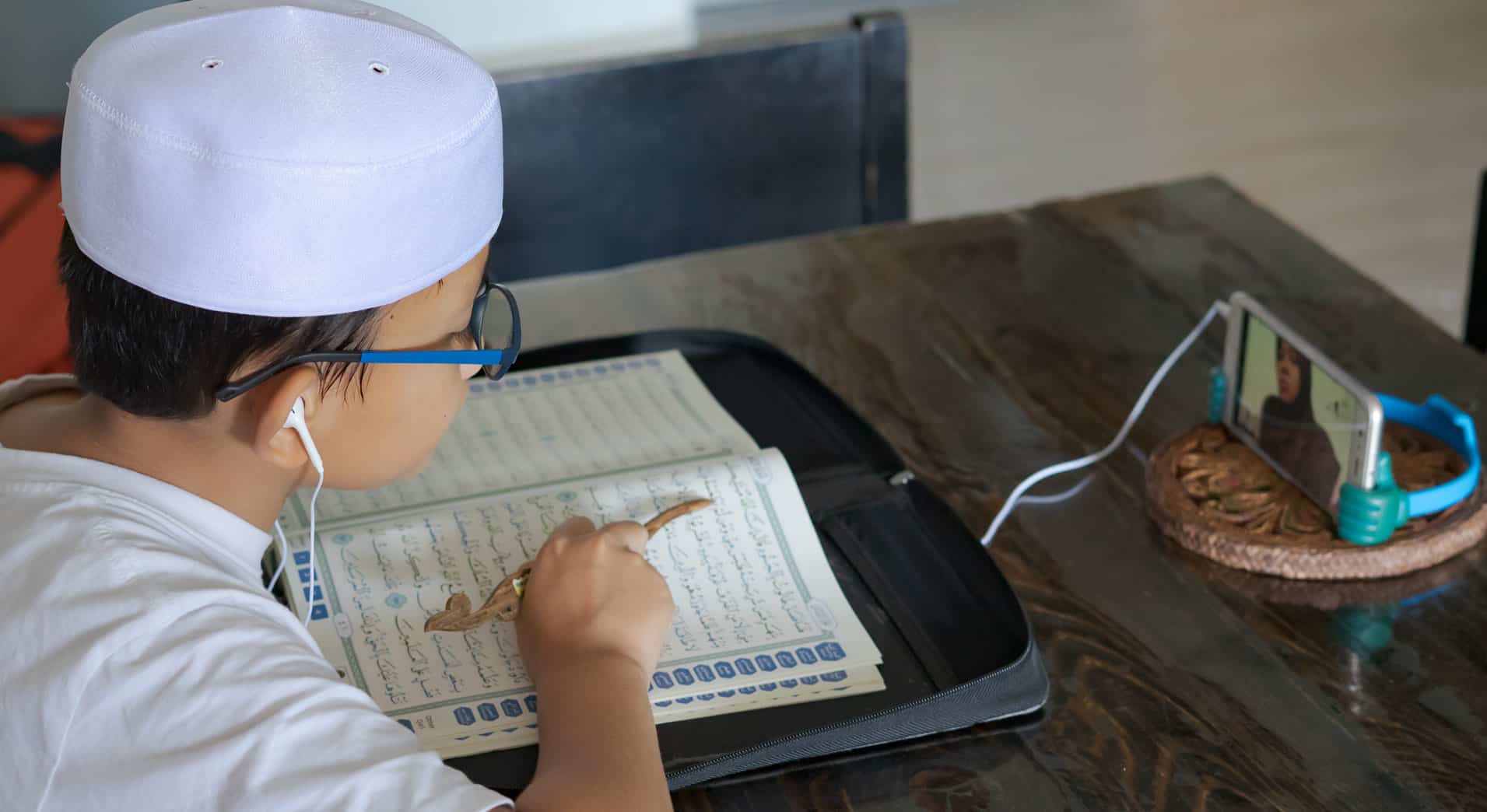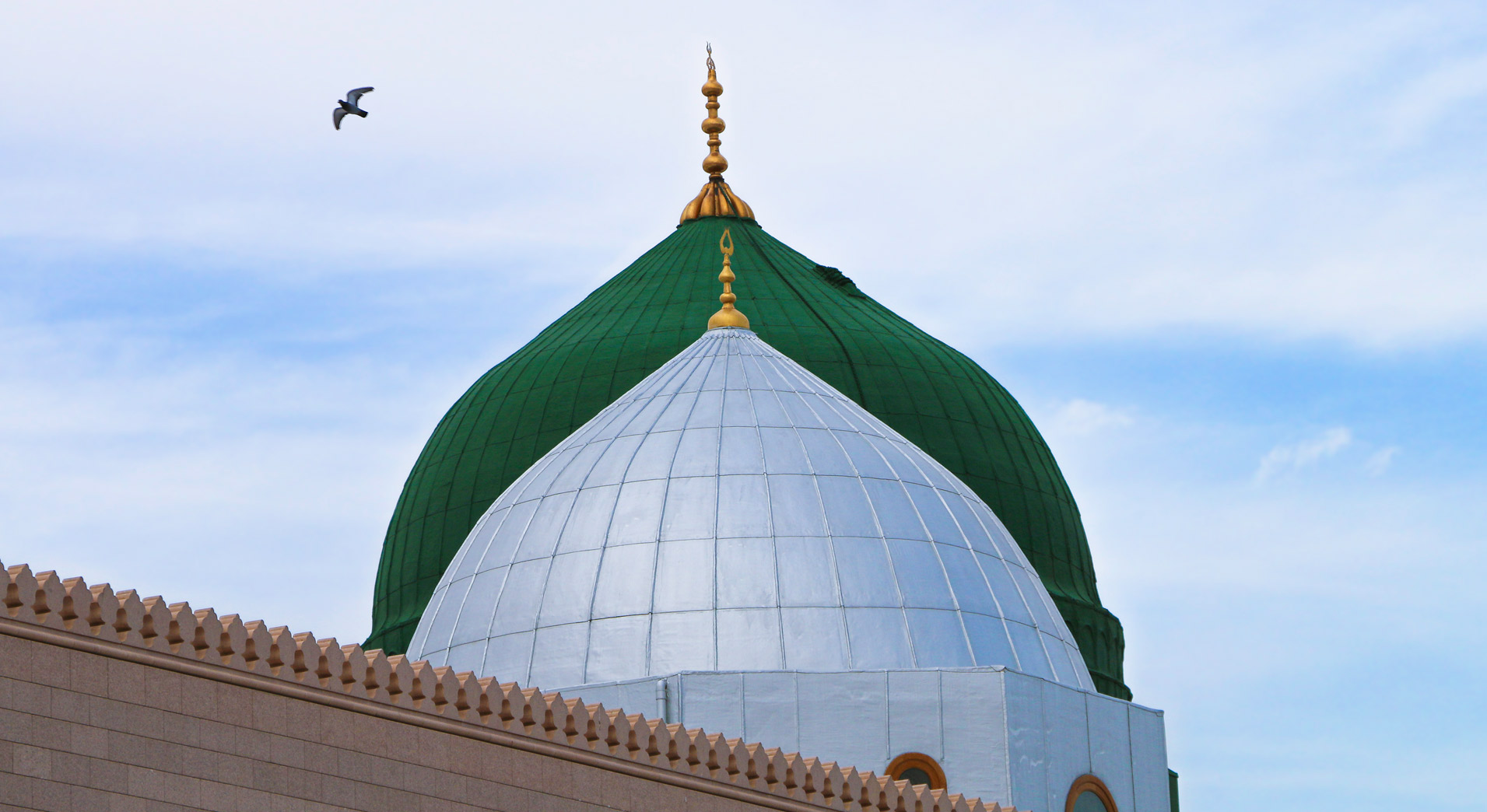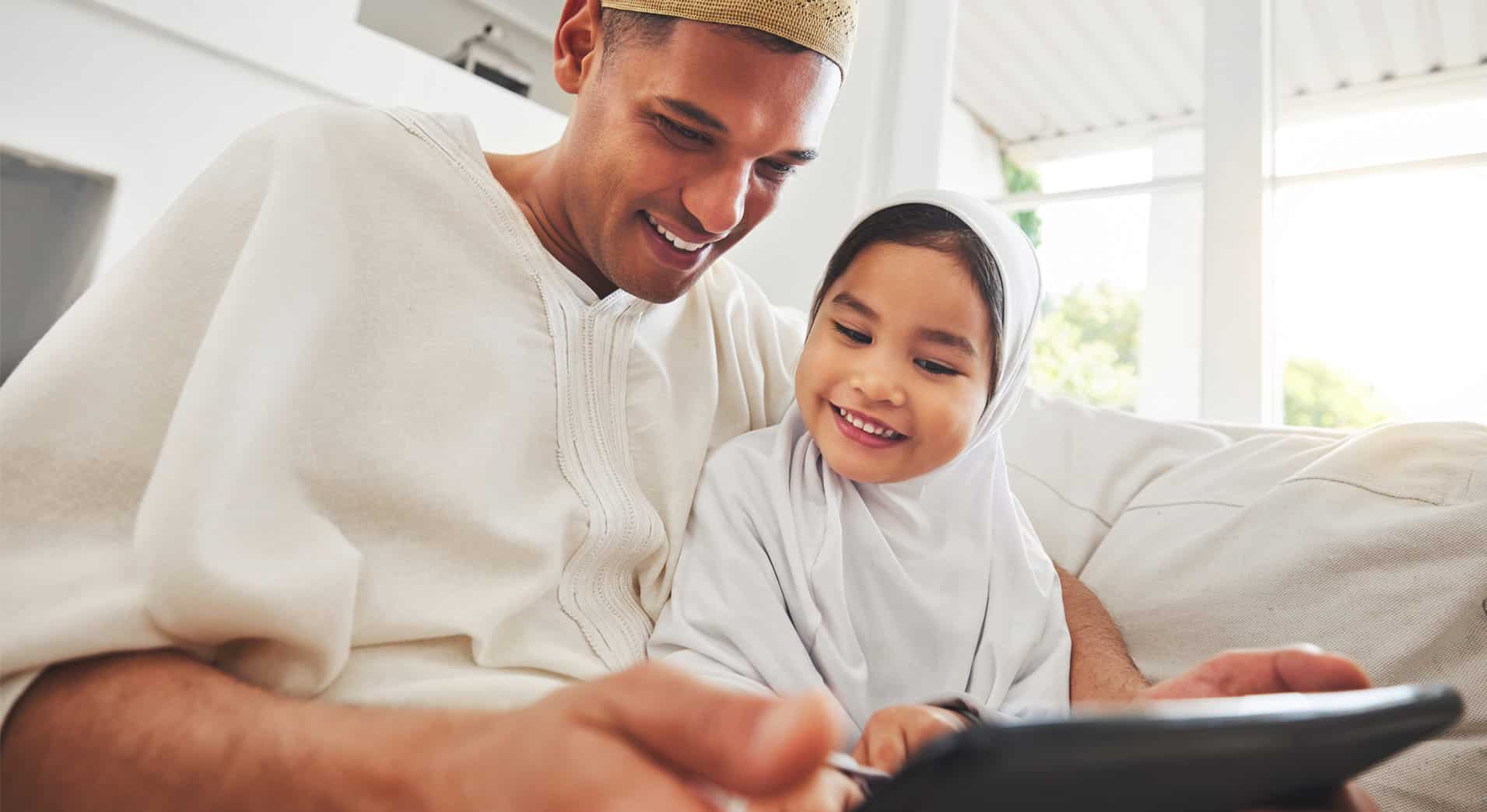The creation of ALLAH that came into existence even before human beings is Angels. These are invisible creations of ALLAH (SWT), that humans can’t see. ALLAH (SWT) created the angels, even before the creation of Human beings. Angels are called Malaika in Islam which means made out of light
There are millions of angels in Islam. Angels are pure and free from any worldly desire. They do not do sins and do not have negative thoughts or feelings. They are created just to worship ALLAH and to follow his law.
ALLAH says in the Holy Quran
They do not disobey Allah’s commands that they receive; they do precisely what they are commanded”(Quran 66:6).
As do the angels, everything in the heavens and every creature on the earth prostrate to Allah. They are not puffed up with pride. They fear their Lord above them and do everything they are ordered to do. (Quran 16:49-50).
They do not disobey Allah’s commands that they receive; they do precisely what they are commanded”(Quran 66:6).
The Importance of Believing in Angels in Islam
Believing in angels is essential for Muslims. It is one of the six pillars of faith in Islam. Alongside belief in Allah, the prophets, the divine books, the Day of Judgment, and destiny, belief in angels holds a special place. These unseen beings, created by Allah, play a significant role in our lives and the universe. Angels are Allah’s loyal servants. They carry out His commands without hesitation or question. Their obedience and devotion serve as a reminder for Muslims to stay true to their faith. By believing in angels, Muslims acknowledge Allah’s wisdom and His control over the unseen world.Names of Angels mentioned in the Quran
ALLAH (SWT) created millions of angels, they are given different duties. However, the Quran has mentioned the names of seven angels that are:- Jibril (Gabriel) (AS)
- Mikail (Michael) (AS)
- Israfil (Raphael) (AS)
- Malik (AS)
- Munkar and Nakir (AS)
- Ridwan (AS)
- Malak Am-Maut (AS) (Angel of Death)
Duties Of Angels
- GABRIEL (AS): Gabriel’s duty is to transfer the message of ALLAH (SWT). He has played a very significant role in Islamic history by revealing the verses of the Holy Quran to the last Prophet (PBUH).
- MICHAEL (AS): Michael is responsible for natural elements like rain, storms, and wind.
- ISRAFIL (AS): The major responsibility of blowing the trumpet to announce the Day of Judgment falls to Israfil. Islamic tradition states that Israfil will blast the trumpet twice: first to end the world and again to raise all creatures from the dead for judgment. He plays a crucial part in bringing about this world’s end.
- MALIK (AS): Hell is guarded by Malik. His job is to supervise the punishments of individuals who get Hellfire sentences. The Quran mentions Malik in Surah Al-Zukhruf:
- MUNKAR AND NAKIR (AS): Munkar and Nakir are two different angels and are responsible forquestioning dead souls in graves. These two angels come to test people’s faith by asking questions to check their beliefs in Allah.
- RAQIB AND ATID (AS): Raqib and Atid are two angels who are with humans every time except when they are in the bathroom or naked. One sits on the right shoulder and writes the good deeds of a human while the other sits on the left and writes the bad deeds of humans. They will also present the records of humans on the day of judgment.
The Roles Of Angels
- GUARDIANSHIP: They are the guardians of Allah’s creations. They check that everything is going according to His plan from raising the sun to moving the whole earth.
- WRITING DEEDS: As mentioned before Raqib and Atid write every deed of humans so that they can not deny anything in front of ALLAH.
- PEACE AND COMFORT: When people are reading the Quran or offering salah, angels surround the believers. They are a source of bringing peace and comfort.
- TAKING SOULS: When a person’s life is about to end on earth the angel of death Azrael (AS) goes to that person takes the soul out from the body of the person and sends the soul to Allah.
Misconceptions About Angels In Islam
- Angels Are Independent: Some think angels are independent creatures; which is wrong. In Islam, angels are Allah’s creations, with no independent power.
- Angels Have Free Will: Angels are often thought to have freedom like humans. In Islam, they only obey Allah without any choice to disobey.
- Angels as Guardians by Choice: People assume angels protect based on emotions or choice. In Islam, angels protect only as Allah commands, without personal judgment.
- Angels Appear Randomly to Humans: There’s a belief that angels show up to help people. In Islam, they appear in human form only for specific tasks, like delivering messages to prophets.
- Angels Should Be Feared or Worshipped: Some feel intimidated by the idea of angels watching over them. In Islam, angels recording deeds is meant to encourage mindfulness, not fear. Also, worship is for Allah alone.
Difference Between Angels Jinn And Humans
The main difference between these three creatures is that angels are created from light jinn from fire and humans from clay. Angels are much stronger than humans and jinn. Even though they are mostly invisible to humans, they can manifest themselves under certain circumstancesFinal Words:
Angels (مالئكة – Mala’ika) are believed in Islam as pure submissive creatures that Allah created from light. They are essential to obeying Allah’s orders and are central to the Islamic conception of the invisible world. Angels are formed to serve Allah without deviation, carrying out specialized tasks including documenting human acts, giving divine revelations, and overseeing various facets of the natural universe. In contrast to humans and jinn, angels lack free choice. Their presence serves as a reminder of Allah’s utter wisdom, kindness, and order.As do the angels, everything in the heavens and every creature on the earth prostrate to Allah. They are not puffed up with pride. They fear their Lord above them and do everything they are ordered to do. (Quran 16:49-50).
 0203-002-6366
0203-002-6366
 1-212-381-1055
1-212-381-1055 61-3-8820-5043
61-3-8820-5043  021-111-279-111
021-111-279-111